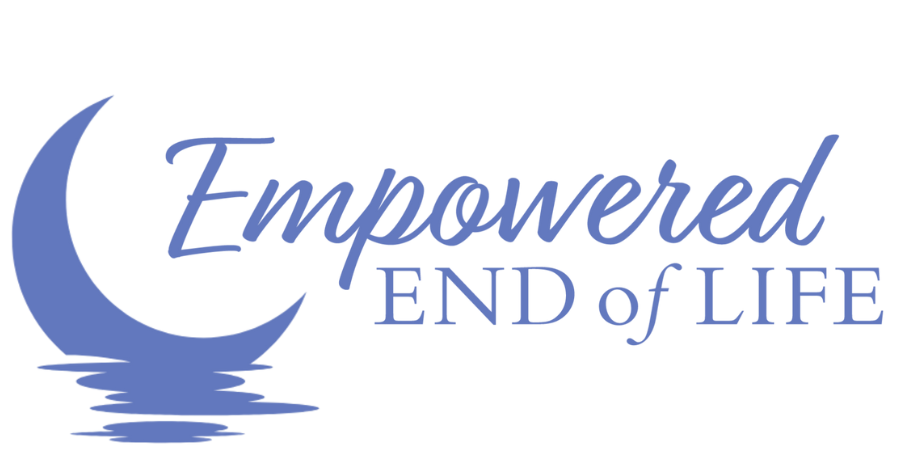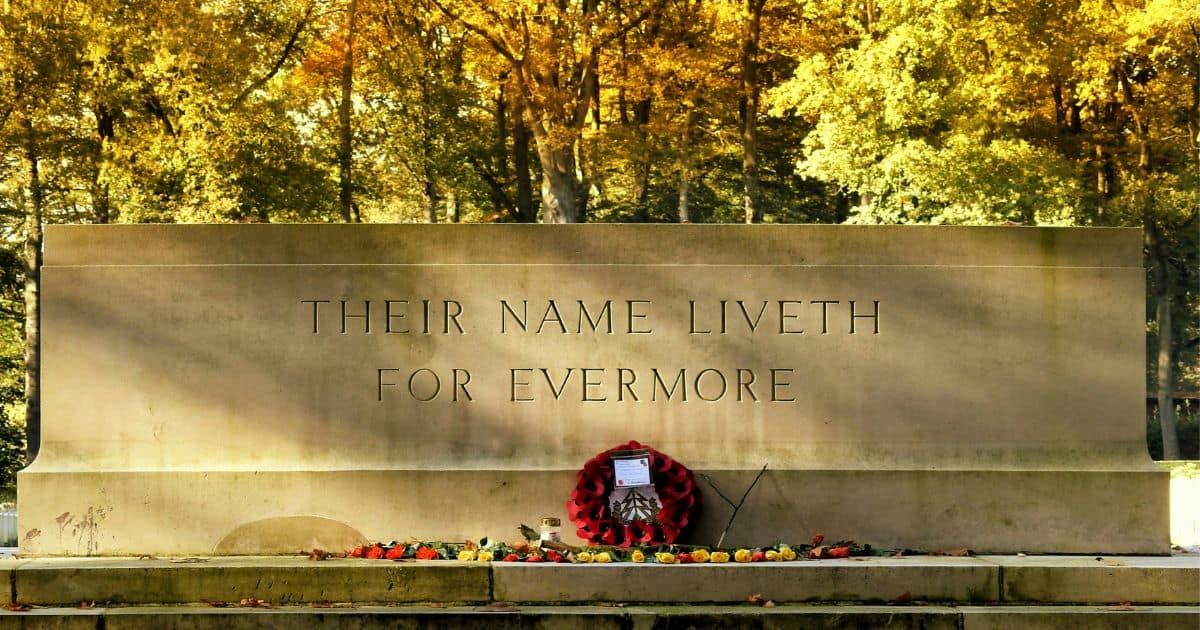
How to Remember Loved Ones: Meaningful ways to create ritual and honour the dead
November is a natural time for remembrance. As the days grow colder and darker, we’re invited to turn inward. My friend Jilly calls it embering time — the flames of busyness and bluster have died down, and all that remains are the glowing coals. Time to take an intentional rest for the purpose of conserving energy, contemplating stillness, and integrating.
It’s a time to slow down, be still, contemplate, and find comfort in connection: with others, with ourselves, maybe even with tradition. A time to reflect on the past, to honour those who have died, and to remember what we know to be ancient and true in our bones. Personal remembrance rituals, grief practices, and quiet moments of reflection often rise naturally in this season of stillness.
Remembrance Day as a national day of remembering and honoring the dead
Remembrance Day is a powerful part of this season, a solemn pause to honour the enormous loss of life, the collective grief, and the national unity forged through war. We remember the freedoms secured by those who didn’t live to enjoy them.
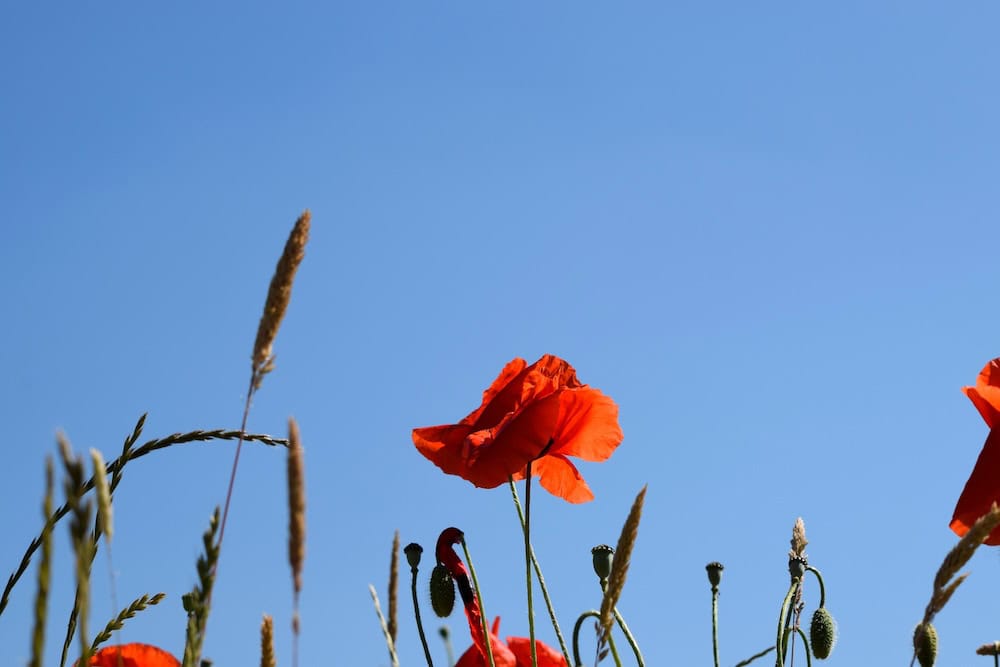
The first time Remembrance Day really landed for me was in Grade 12. I was sitting in the auditorium at Victoria High School, waiting for the ceremony to begin. The row ahead of me was filled with Grade 12 boys – my classmates, my friends. And suddenly, I saw them through a different lens. If we’d been born 70 or 80 years earlier, these boys would have been shipped off to war. Most wouldn’t have come home.
That hit me. It made me both grateful and want to honour the ultimate sacrifice made by so many. As we know, wars are not only in the past. Might Rememberance Day be a solemn reminder to honour the sacrifices being daily as a result of the ongoing conflicts raging today.
What Does It Mean to Remember Well?
For those of us not rooted in a religion with structured rituals, remembrance can feel a little ungrounded. There’s no blueprint.
People often want to do something but feel pressure to “get it right.” The truth is: remembering is personal. It doesn’t have to be poetic, performative, or perfect. It is more about intention than the act itself. Creating a ritual can bring a meaningful, tangible action to a feeling that craves a place to land.
Ritual is about infusing meaning and intention into an action. It can be as simple as taking a deep inhale of fresh ground coffee in the morning and remembering your mom getting you ready for school. Or lighting a candle on the dinner table and giving thanks before eating.
Megan Sheldon, founder of Be Ceremonial talks about “building our ritual muscles”. Like any new habit, it can feel awkward at first. But small moments—how you wake up, how you drink your tea, how you light a candle—can become powerful micro-rituals when infused with memory and meaning.
We’re living in a culture with a ceremony-shaped hole. As secularism has grown, many of us no longer have rites of passage to mark transitions: into adulthood, into parenthood, into elderhood, into grief. When someone dies, we don’t always know what to do. In this short video Sarah Kerr shares how we can create rituals to bring our dead closer at this time of the year, when the veil between the worlds is thin.
There is more to grieve than just death: the end of a season, our children growing older, a job change, a coworker retiring, a friend moving. Without ritual, these griefs stack up silently.
That’s where intentional practices can become personal anchors.
A beautiful place to begin is by acknowledging small changes. The Be Ceremonial app is a gentle guide that offers ideas and inspiration to start building your own rituals, no matter your belief system.
What Is a Memorial, Really?
Memorialization has evolved far beyond granite headstones and bronze plaques.
Today, it’s just as likely to be a practice as it is a physical marker—a way of staying connected to the people we’ve loved and lost.
Here are a few meaningful, modern ways to remember:
Create a remembrance space or shrine.
A shelf, a corner, a small altar. Include a photo, a scent, an object. I keep a bulletin board with pictures of everyone I know who has died. I look at them individually and as a group. I speak to them when someone I love is crossing over. I like to think they actually help me with my doula work. That keeps them alive for me.
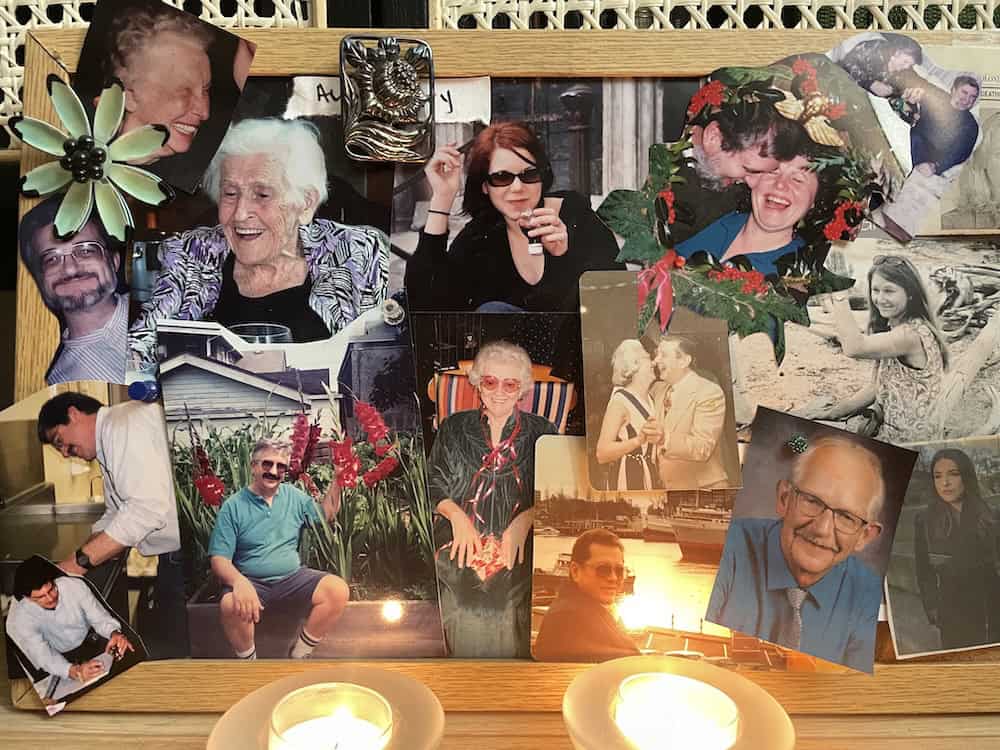
Plant something.
A tree, a flower, a garden. You might even tuck a letter into the soil before planting.
Do things in their honour.
- Write to them. Journal entries. Love letters. Unsent words that still need to be spoken.
- Play their music. Let their favourite songs fill your home and your body with memory.
- I make my dad’s favourite birthday cake every September: chocolate with mocha icing. My younger son often helps.
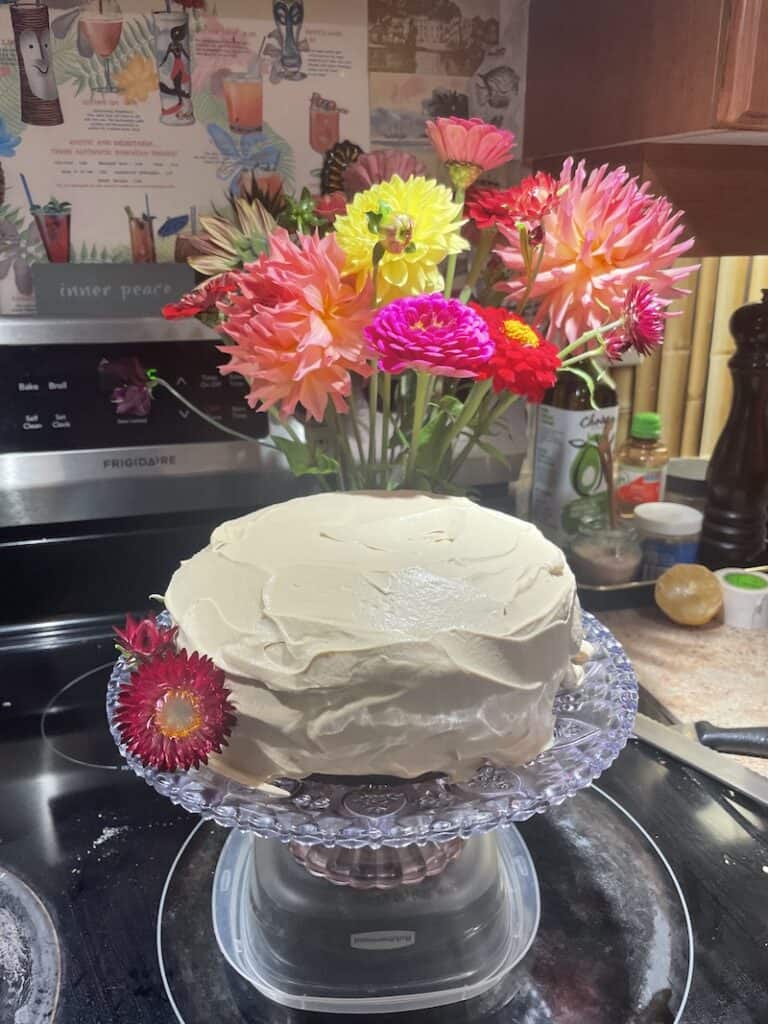
Your Way of Remembering Is Enough.
There’s no single “right” way to memorialize someone. It begins with remembering to remember! A practical and powerful way of ensuring you don’t forget your loved ones’ death dates is the Perpetual Death Days Calendar by Deathwalker Creations. It’s a beautiful and poignant tool to bring ritual and remembrance into your life. We don’t often mark death dates the same way we acknowledge birth dates. I invite you to explore this practice. It has brought so much richness into my life.
Your way of remembering doesn’t have to be visible. It doesn’t need to be understood by others. Your quiet, strange, beautiful way of remembering is enough.
In fact, no one even needs to know.
So as the season shifts and the world quiets, I invite you to ask:
What small ritual could you begin this November?
It could be the start of something sacred.
If something about remembering through ritual feels familiar or needed, I invite you to listen to this episode of Deadly Serious Conversations with Fiona Garrivan interviewing Megan Sheldon.

Karla Kerr
Funeral Director and Death Doula
Karla is passionate about fostering end-of-life conversations through education and open dialogue. She believes in confronting difficult topics with compassion, and that by stepping into the space created by grief and loss we tap into our shared humanity.
